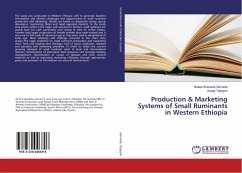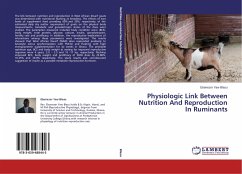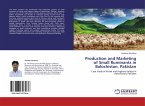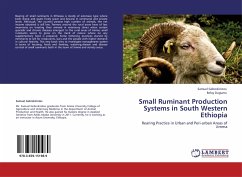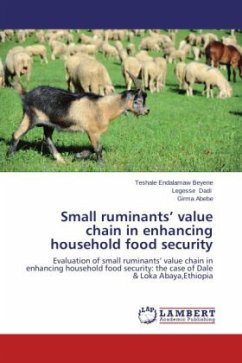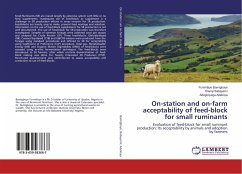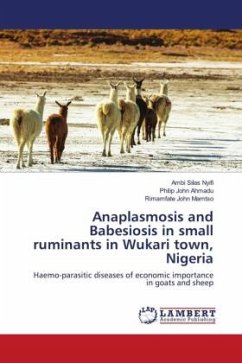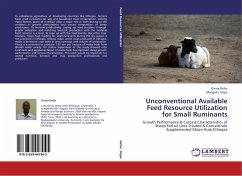The study was conducted in Western Ethiopia with to generate baseline information and identify challenges and opportunities of small ruminant production and marketing. Results are based on diagnostic survey, group discussions, monitoring flocks and rapid appraisal markets. In the study area where coffee is the major cash sources for farmers, small ruminant are mainly kept for cash generation and saving in time of coffee failure. Farmers kept larger proportion of female animals than male animals and it was rare to find male of advanced age as they were sold or slaughtered at early age. Most lambings and kiddings occurred in the main rainy season.The major problems for small ruminant production and marketing were: feed and grazing land shortage, lack of input, predators, diseases and parasites and marketing problems. In order to utilize the current growing demand of small ruminant meat at local and international markets, identification of alternative feed resources and strategic feeding management, identification of causes of diseases and their control methods as well as improving marketing efficiency through appropriate policy and provision of information are areas of interventions.
Bitte wählen Sie Ihr Anliegen aus.
Rechnungen
Retourenschein anfordern
Bestellstatus
Storno

